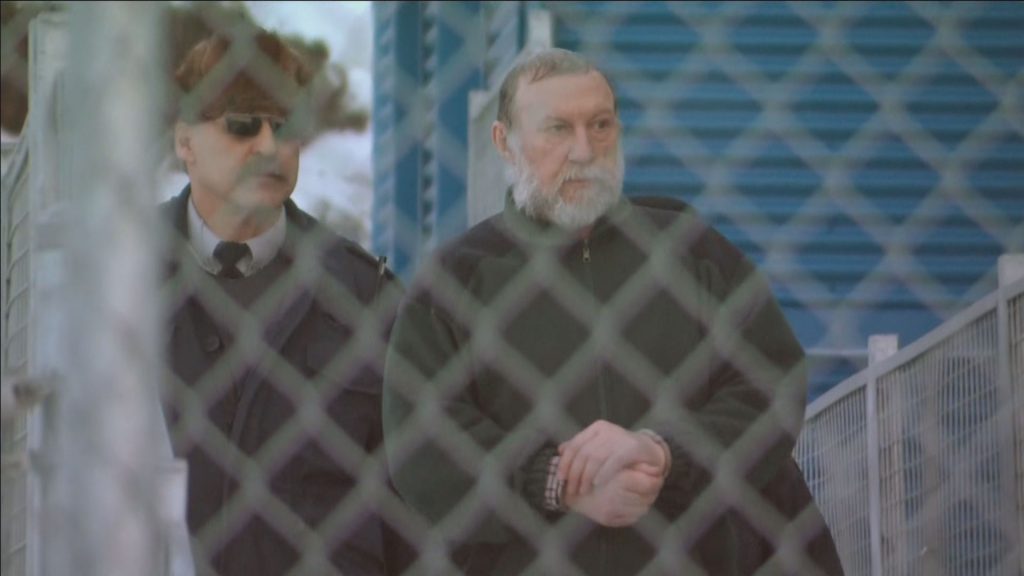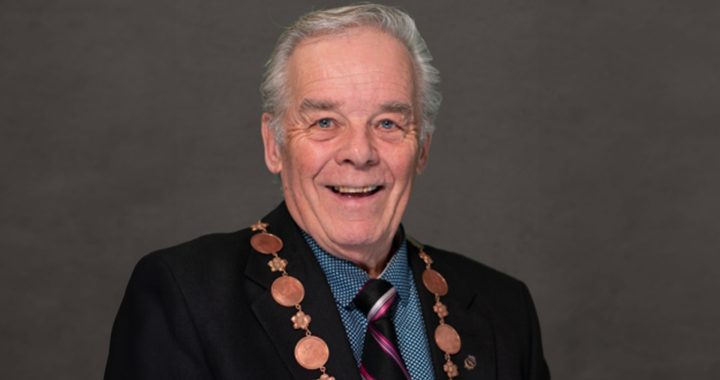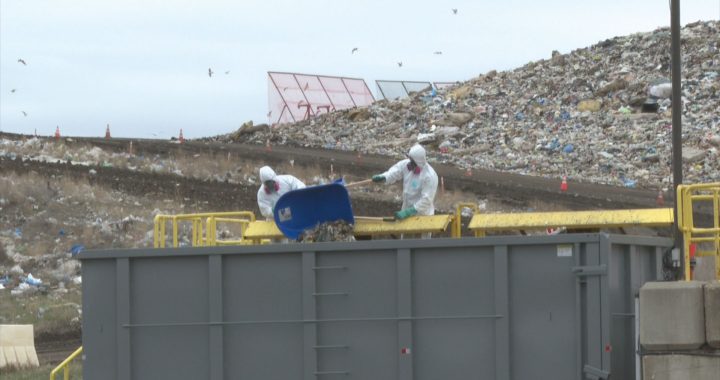
Former Nunavut priest Eric Dejaeger during his trial in Iqaluit. Photo: APTN file
A defrocked priest convicted of sexually abusing children in Nunavut will be flown to Kingston, Ont., to live in a federal half-way house after being released on bail.
Ontario lawyer Scott Cowan said Eric Dejaeger, 77, will be freed in Iqaluit on conditions imposed by justice of the peace Amanda Soper on Tuesday.
Cowan said Dejaeger is both a federal parolee and “Iqaluit detainee” – a situation that created an ideal situation for bail.
“The pitch made by me was, ‘Look, give him bail on the new charges and…harken to the fact that the life he’ll be going back to is one of constant supervision’,” Cowan said Wednesday.
“In this circumstance, his residential and supervisory status as a federal parolee meant that bail was a logical thing to do.”

Dejaeger will be living at the Henry Traill Community Correctional Centre in Kingston, a federal facility southwest of Toronto with 24-hour supervision, Cowan added.
“It’s basically part of a penitentiary; it’s on the grounds of (medium-security Collins Bay) penitentiary. So, the idea that he’s a free man would be a misstatement.”
The former priest with the Missionary Order of Mary Immaculate (OMI) is permitted to leave the facility for medical appointments and grocery shopping during the day without an escort, the lawyer said.
Dejaeger was serving a 19-year sentence for 32 sex crimes against Inuit children and adults in Igloolik, Nunavut when he was released on parole to the halfway house in June 2022, parole documents obtained by APTN News show.
He was freed from prison early under “statutory release” – a law enacted by Parliament that kicks in after an offender has served two-thirds of a “fixed-length” sentence – to the supervision of a parole officer.

Dejaeger was living in the Henry Traill when he was arrested and charged with eight additional counts of child sexual abuse from his time as a Catholic missionary in Igloolik, Nunavut between 1978 and 1982.
Cowan said he was appointed by a court to represent Dejaeger, who was born in Belgium and became a Canadian citizen in 1977.
Dejaeger was first arrested in 2011 on immigration charges in Belgium and deported to Canada to face the sexual abuse charges laid in 1995.
He has been convicted of dozens of sexual offences in Canada, involving children, adults and animals in Nunavut and Alberta.
His victims in Alberta, where he was studying at the Newman Theological College in Edmonton in the 1970s, were a nine-year-old Indigenous boy from Grand Cache, Alta., and an eight-year-old boy and his six-year-old sister from Edmonton.
Read more:
Nunavut RCMP charge former Catholic priest in connection with historical sexual assaults
Dejaeger pleaded guilty to those crimes in 2015 and was sentenced to five years in prison, concurrent to his sentence for the Igloolik crimes.
He is no longer a priest but remains a member of the Oblates, confirmed Rev. Ken Thorson of OMI-Lacombe in Ottawa.
“While I respect the judicial process, I wish to apologize to anyone who has been harmed by Eric Dejaeger or by any Oblate,” Thorson said in an email to APTN.
“The Oblates of Mary Immaculate, OMI Lacombe Canada, did not pay for his bail or any of his legal costs. In fact I only learned of this (bail) news yesterday through the media.”
Thorson said it was common among religious communities like the Oblates to retain offensive members.
“This allows us to ensure appropriate monitoring and offer the support needed to reduce the possibility of recidivism,” Thorson said. “Putting men out on the street would transfer the financial and monitoring burden to society. We believe our approach is part of our congregational safeguarding commitment to the larger community.”









